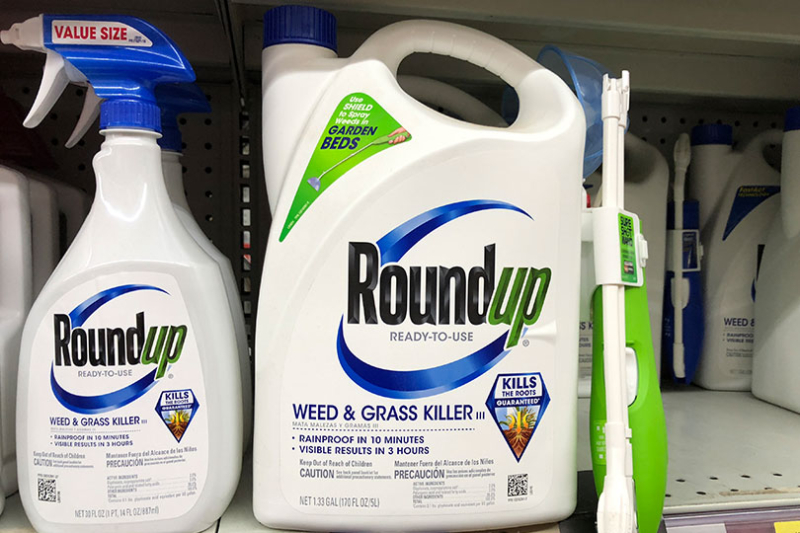By Jennifer Whitlock
Field Editor
In response to ongoing litigation of glyphosate products, Bayer AG announced it will remove all glyphosate-based products in the U.S. residential lawn and garden market beginning in 2023.
The announcement is an update of the multinational company’s five-point plan released in May to deal with claims alleging the glyphosate-containing product Roundup causes non-Hodgkin’s lymphoma in users.
Bayer will soon file a petition with the U.S. Supreme Court appealing a lower court decision in the Hardeman v Monsanto Co. case. The company claims federal preemption prevents Bayer from complying with some states’ laws asking for cancer warnings on product labeling.
If the Supreme Court rules favorably for Bayer, CEO Werner Baumann said in a statement it would effectively end U.S. Roundup litigation. But if the court issues a ruling in favor of the plaintiff, Bayer estimated an additional $4.5 billion may be necessary to settle future litigation.
“It is important for the company, our owners and our customers that we move on and put the uncertainty and ambiguity related to the glyphosate litigation behind us,” Baumann said. “As part of the five-point plan, the company will also take additional steps to help close the door on this litigation and ensure that any claims brought by individuals who use Roundup in the future are few in number and unlikely to succeed.”
So far, Bayer has settled or resolved nearly 100,000 lawsuits, but another 30,000 claims remain pending. About 90% of lawsuits are from residential users of lawn and garden products, according to Baumann.
Since the majority of claims filed against Bayer were from residential users, he said the company will pull all glyphosate-based products from that market. In his statement, he assured customers glyphosate formulations will still be available in the U.S. professional and agricultural markets.
In addition to releasing new alternate formulations for the residential market, Bayer plans to start discussions with the U.S. Environmental Protection Agency about Roundup labels “with the goal of providing more information to users about the science as an additional element toward ensuring even more informed purchasing and application decisions.”

